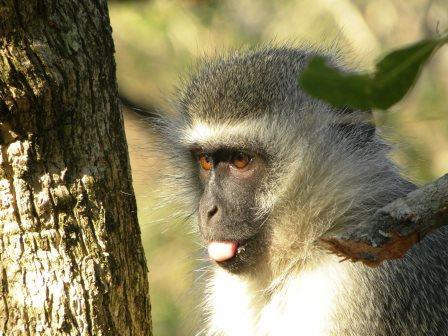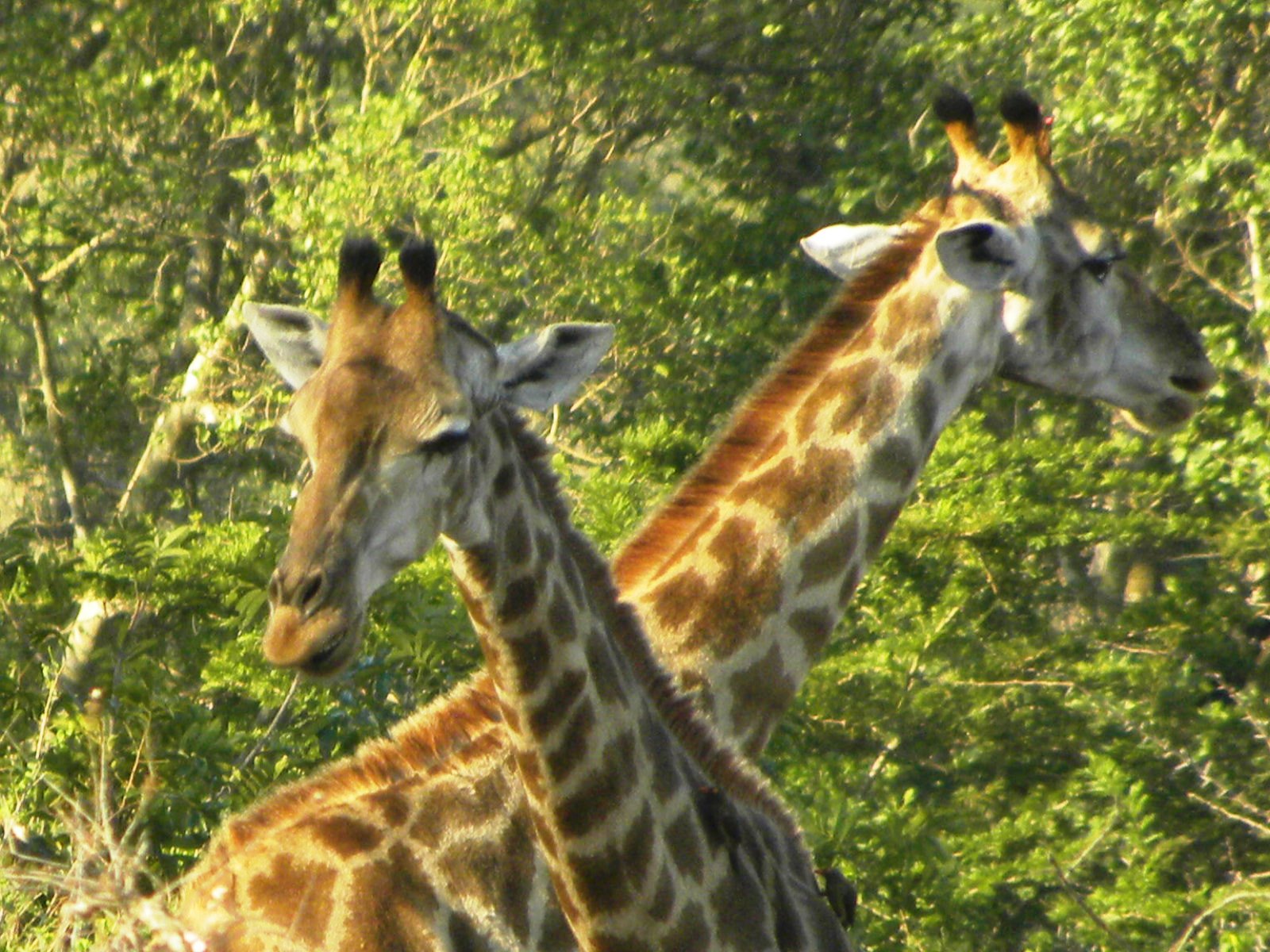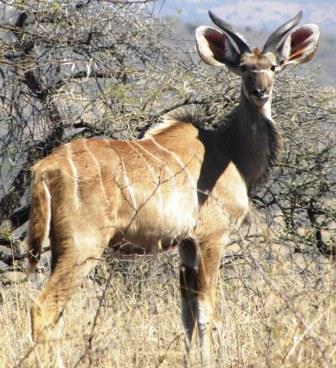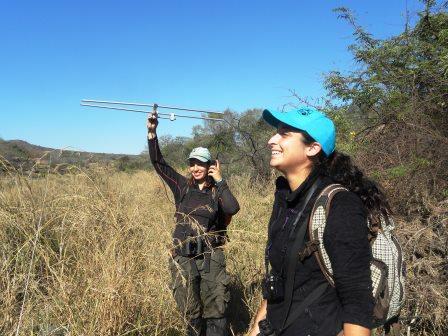Field Course in South Africa
Course Description
Description
This field course in Methods in Animal Behaviour is designed to provide students with field experience in biology, ethology and ecology. It is intended for undergraduates, who want to get first experience in working with wild animals in a sub-tropical environment. Students will acquire knowledge of methods in (1) measuring environmental variables, such as GPS data and phenology, (2) collecting and analysing the natural behaviour of free-ranging animals, using telemetry, camera traps, ethograms and standard behavioural sampling techniques, (3) field experimentation, including predator model experiments, and (4) acoustic analyses, including natural recordings and playback experiments.
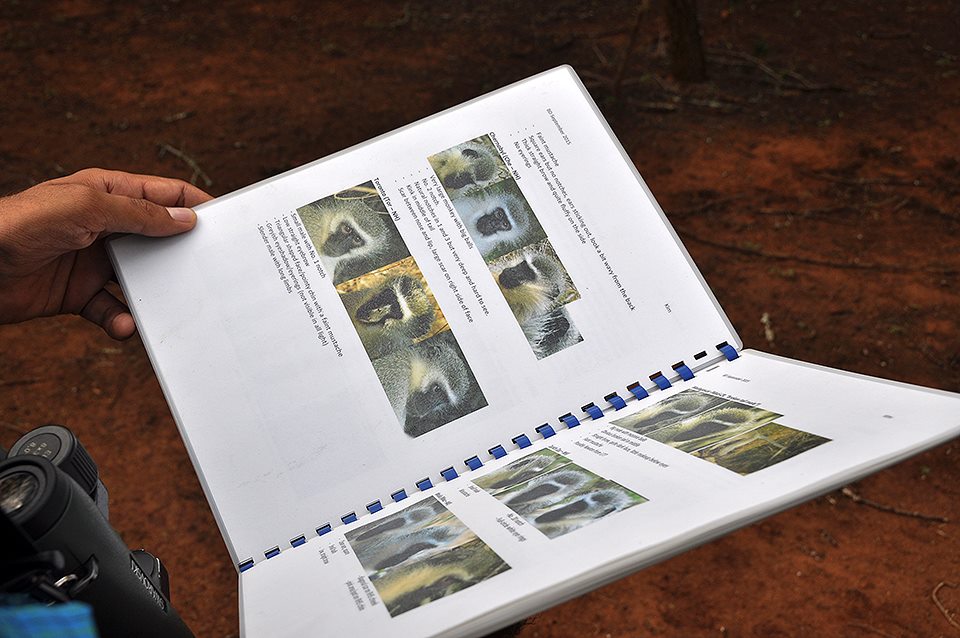
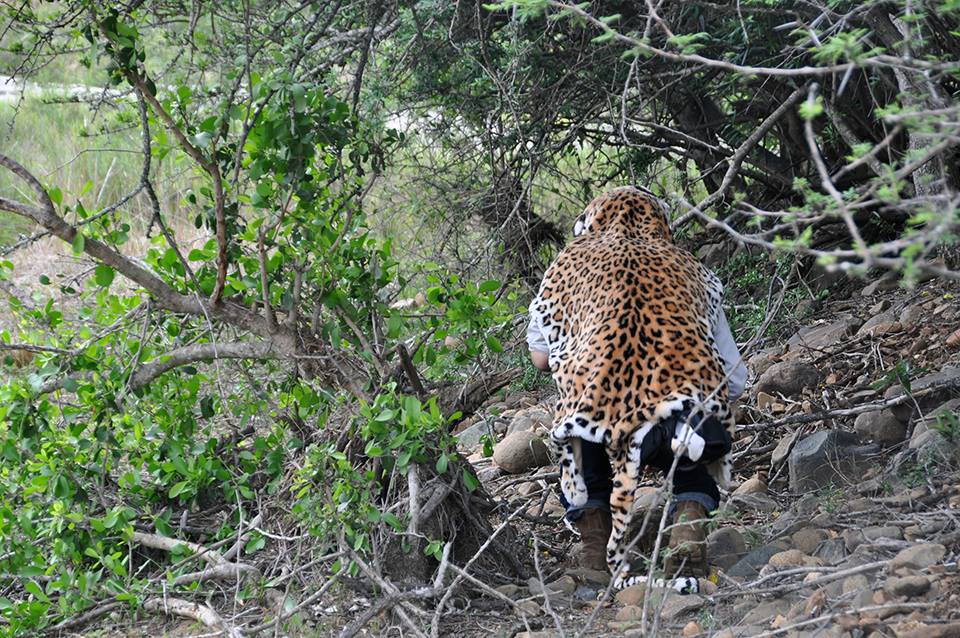
© Gilles Gay des Combes
The study site is located in Kwazulu-Natal, about 250km from Durban (airport) and about 50km from Vryheid, a large town with shops and a hospital. The climate is sub-tropical with a wet and hot summer, lasting from November to April (max 35°C).
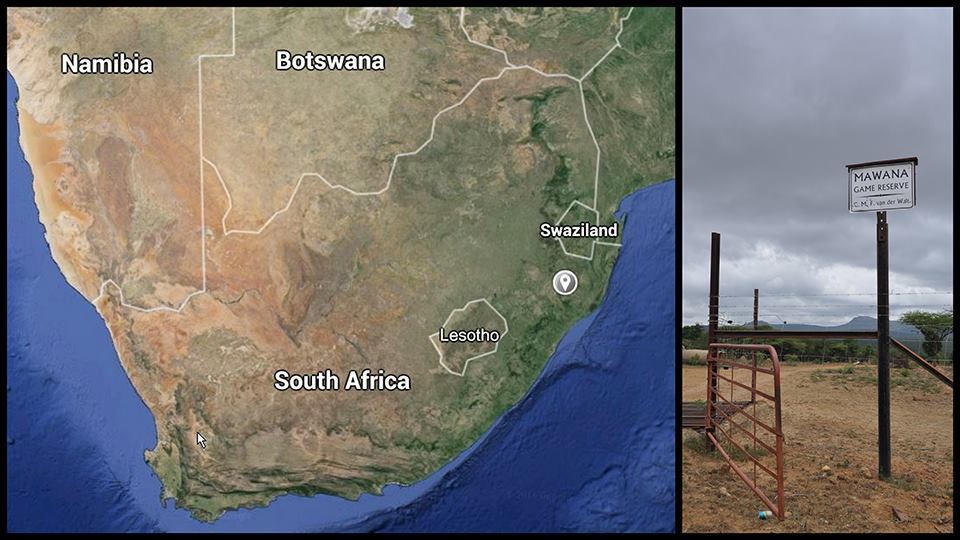
© Gilles Gay des Combes
The Mawana Game Reserve is a 12,000h privately owned ranch, which is primarily used as a game reserve for recreational hunting. Most local wildlife is present, with the exception of rhinos, buffalos and lions. Some animals pose a safety risk for humans, including elephants, hippos, snakes, scorpions, spiders and ticks. To this end, all students will first undergo special training upon arrival to minimise possible risk, to learn how to behave when encountering these animals and to prevent encounters by learning to read the tracks and sounds produced by them.
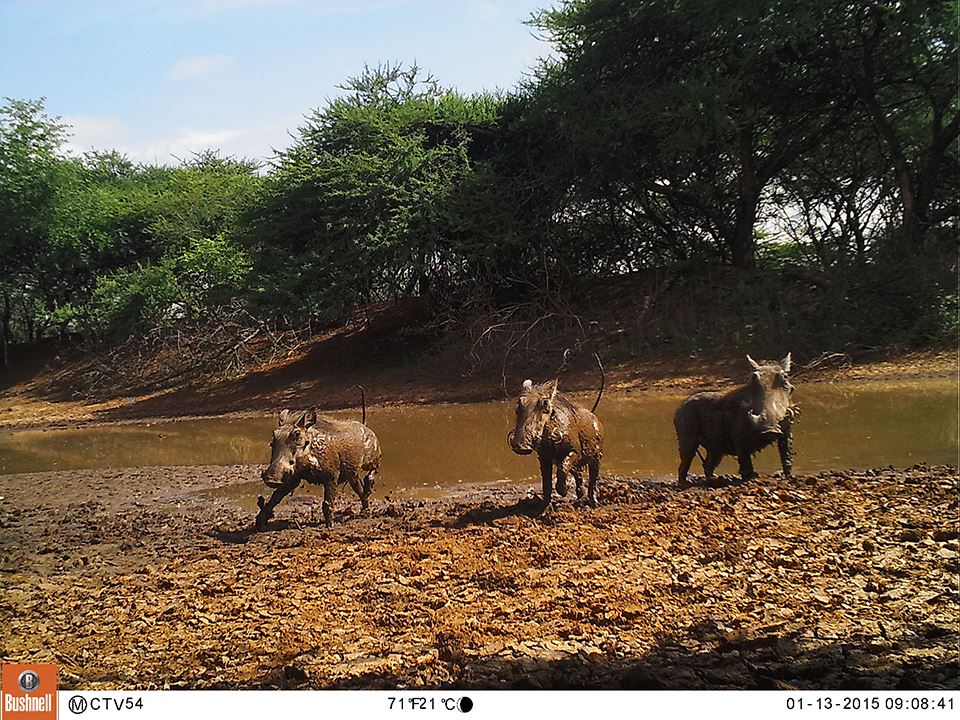
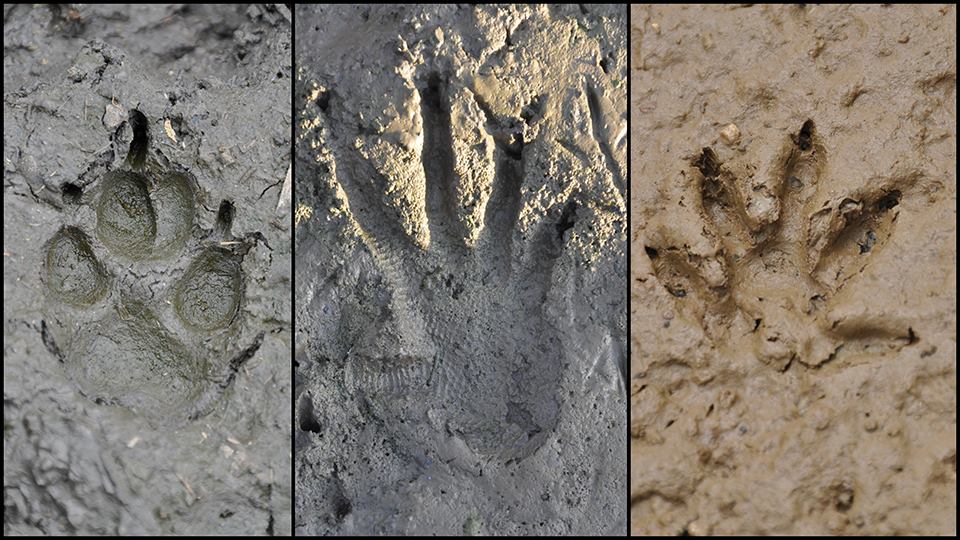
© Gilles Gay des Combes
The game reserve is primarily used for hunting but January is usually not part of the hunting season. A lodge will be available for all the students with a fully equipped kitchen allowing participants to prepare their own food in the morning and at lunch time. Evening meals will be taken together and cooking is based on a rota system. Bathrooms and bedrooms are shared; a nice living room with a piano will also be used as office space and for presentations. Finally, there is a nice garden with a "braai" area for South African barbecues, to enjoy local culture during sunset time.
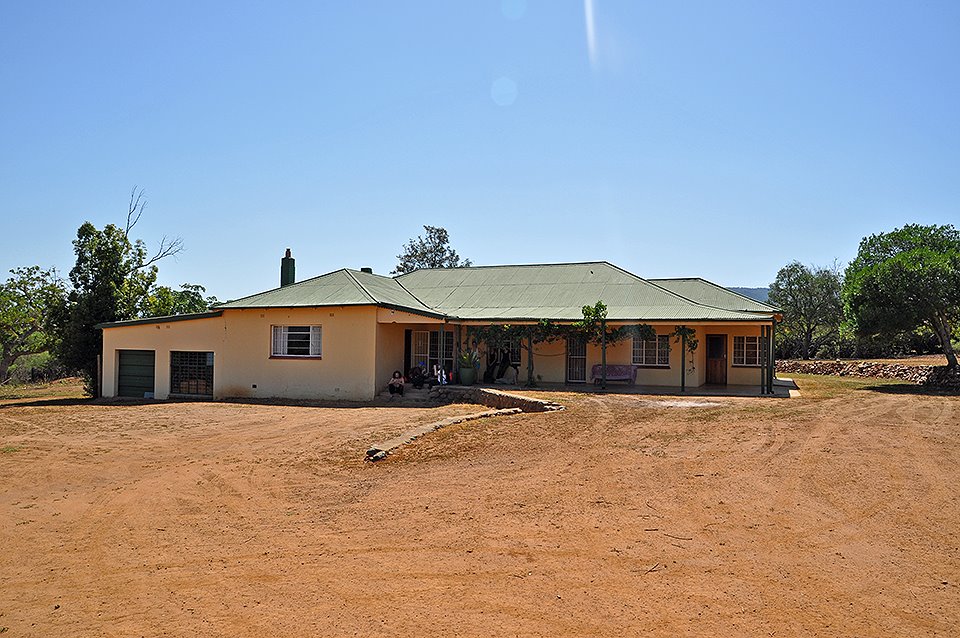
© Gilles Gay des Combes
Course Schedule and Fees
Date
The field course will take place from the 4th and 18th of January 2017.
For Neuchatel students, the course can be taken as a replacement of the APP III Option 5, which normally runs in the second half of the spring semester. Evaluation will be as for the APP in that students will work in small groups with a total of four weeks to complete the course. The first week
| Day 1 – Wed 4th | Travel Day |
| Day 2 – Thu 5th | Arrival at camp - Safari |
| Day 3 – Fri 6th | Field Course: « Bush Survival Lesson » |
| Day 4 – Sat 7th | Field Course |
| Day 5 – Sun 8th | Day Off - possibility to visit Inkawu Vervet Project |
| Day 6 – Mon 9th | Field Course |
| Day 7 - Tue 10th | Field Course |
| Day 8 – Wed 11th | Field Course |
| Day 9 – Thu 12th | Field Course |
| Day 10 – Fri 13th | Field Course |
| Day 11 – Sat 14th | Field Course |
| Day 12 – Sun 15th | Day Off - Data analysis |
| Day 13 – Mon 16th | Field Course – Presentation |
| Day 14 – Tue 17th | Leaving camp - Excursion to the beach in Ballito |
| Day 15 – Wed 18th | Departure |
The cost of the course is 700 CHF per student, which includes all within-country transportation, housing and fees at the Mawana Game Reserve, access to the equipment during the course, food for the entire study in the lodge and an excursion day to Ballito beach including transport and accommodation.
Application Process
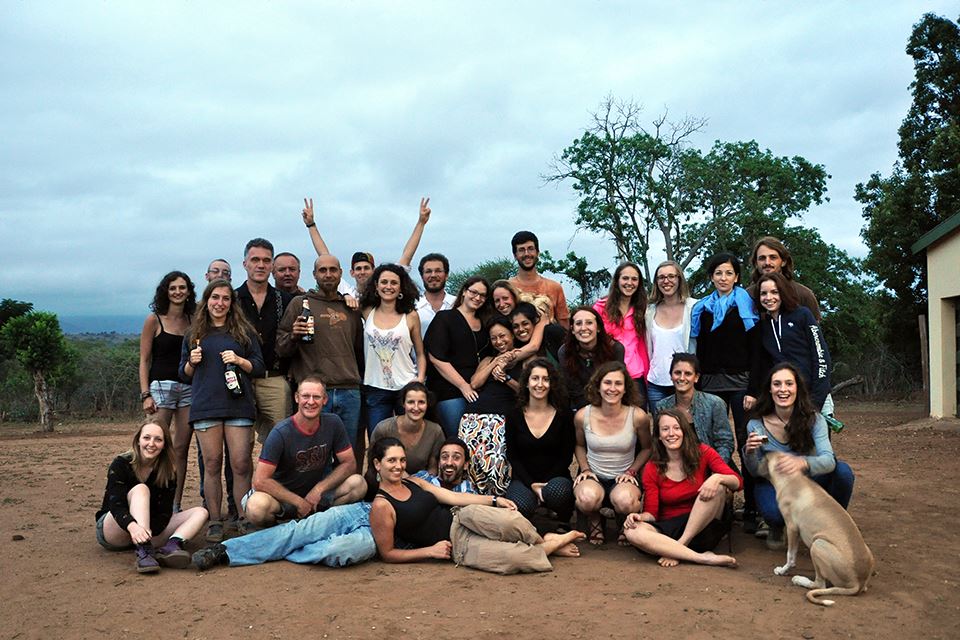
© Gilles Gay des Combes
Contact
Stéphanie Mercier
stephanie.mercier@unine.ch
room B027 (Batiment G)
Tel +41 32 718 24 69
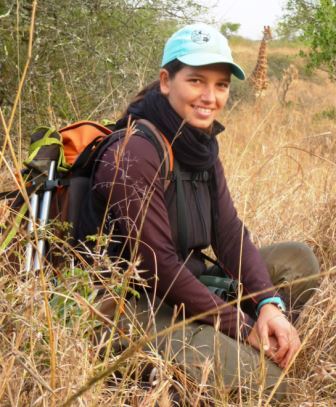
Miguel Gareta
miguel.gareta@unine.ch
room D126
Tel +41 32 718 31 31
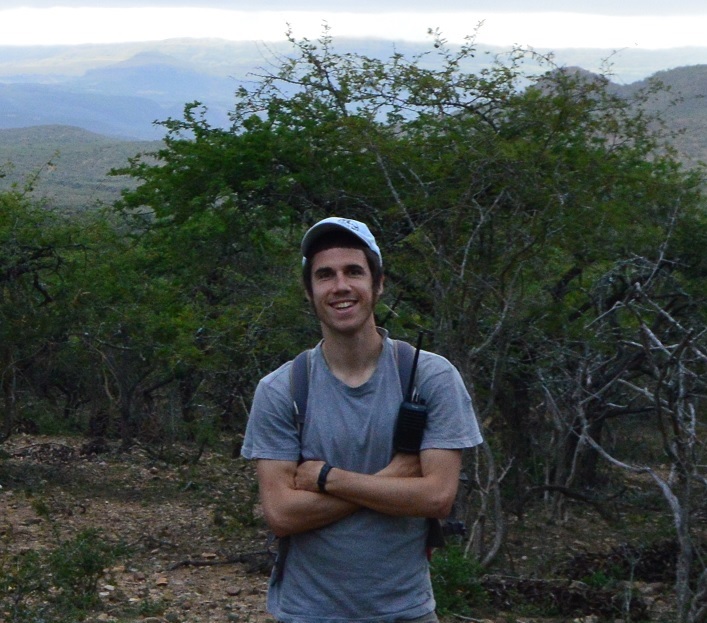
Université de Neuchâtel
Institut de Biologie
Rue Emile-Argand 11
2000 Neuchâtel
© Stephanie Mercier
© Stephanie Mercier
© Stephanie Mercier
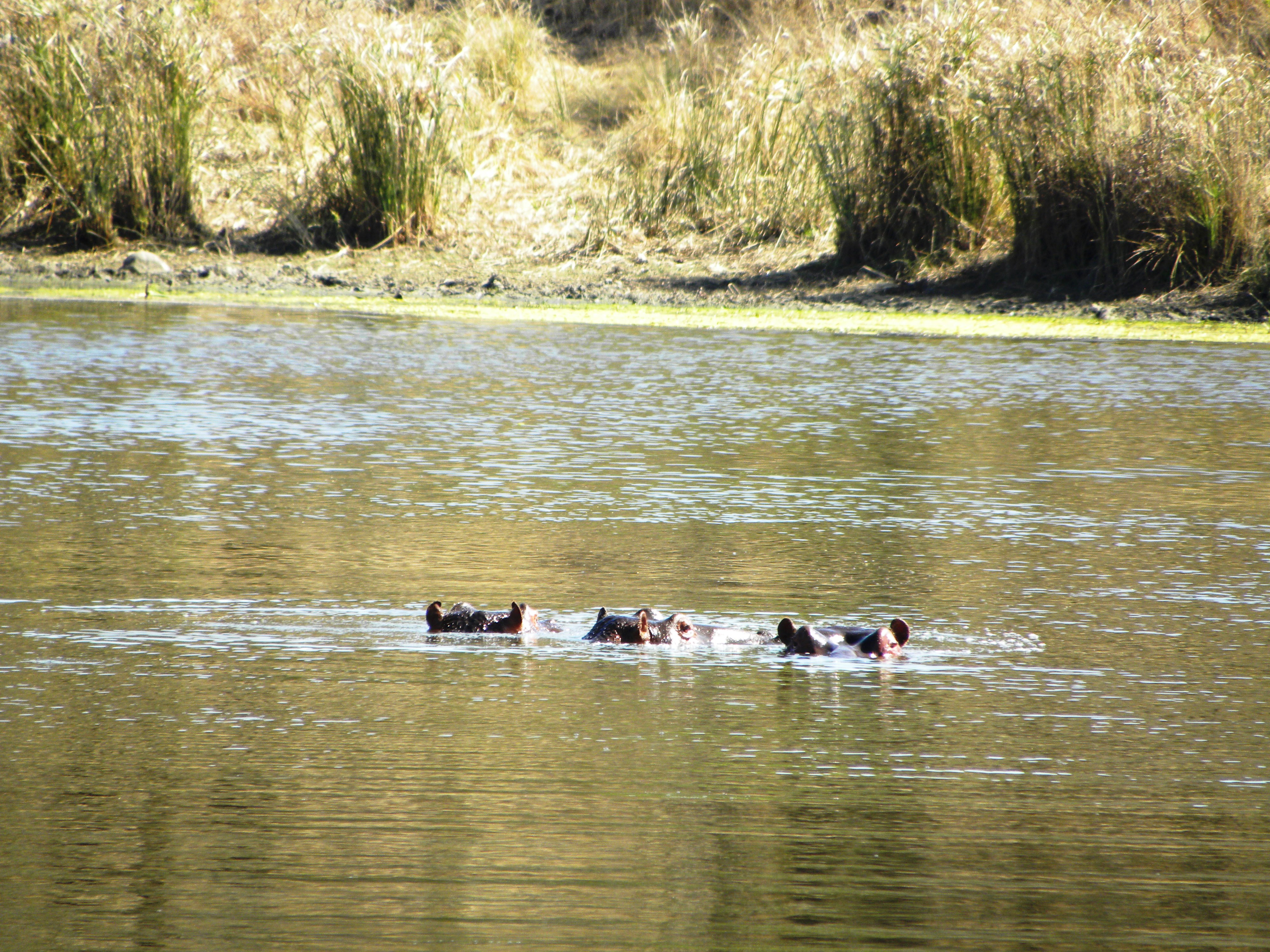
© Stephanie Mercier
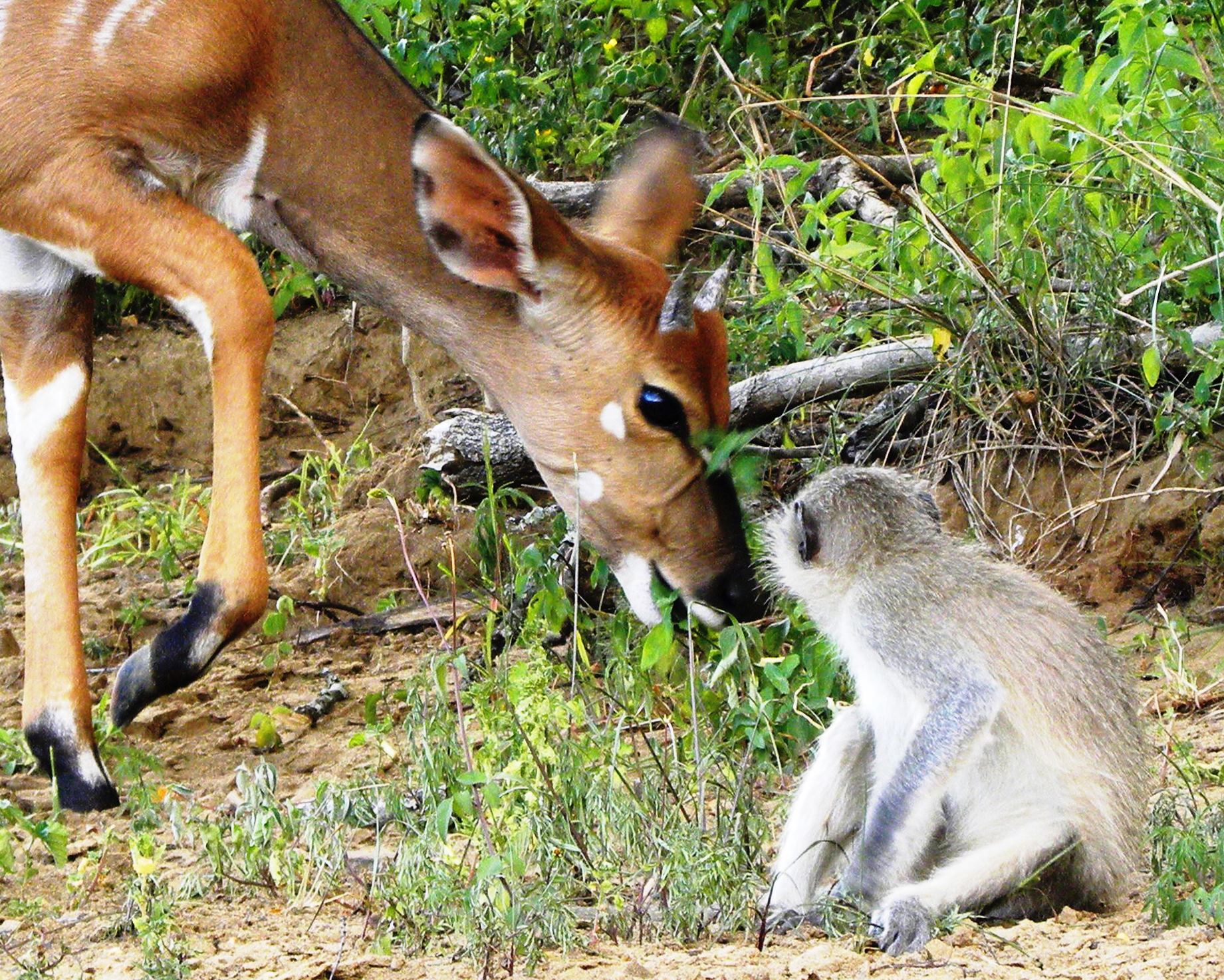
© Stephanie Mercier
© Stephanie Mercier

